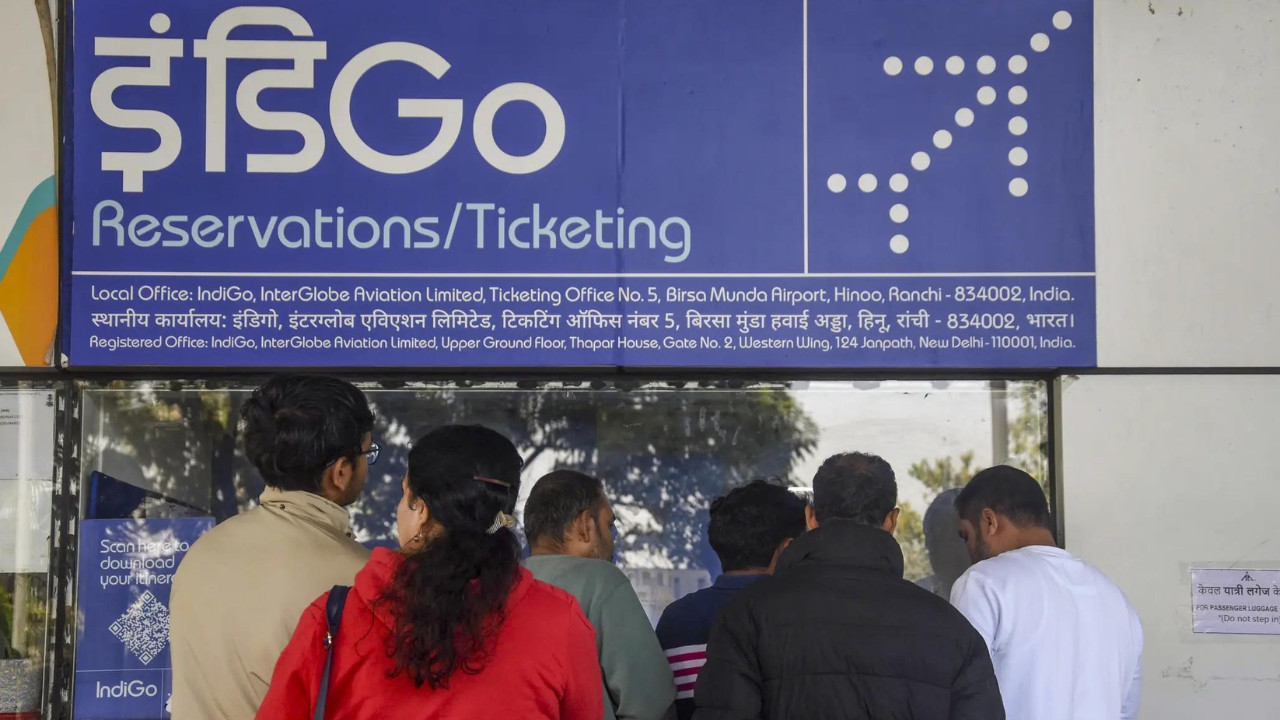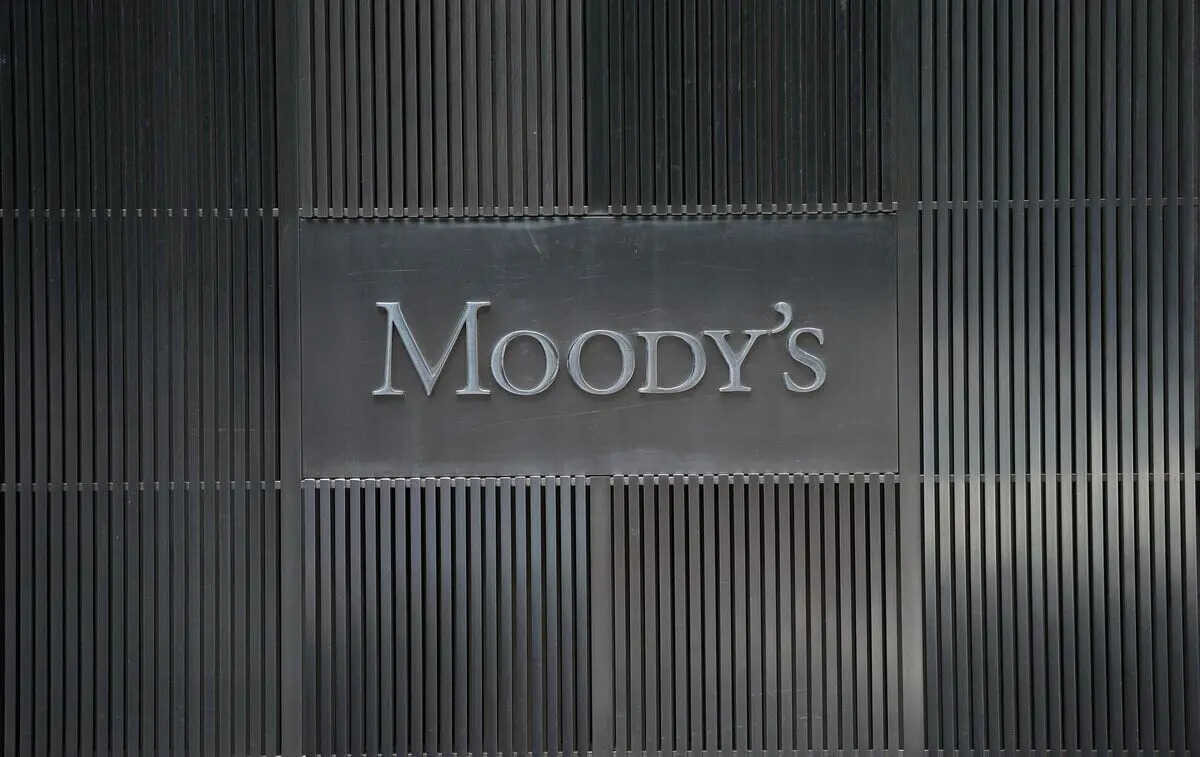The RBI is likely to announce a higher dividend payout to the government for fiscal year 2024-25, potentially exceeding the previous year’s record of Rs 2.1 lakh crore. This decision follows a review of the Economic Capital Framework and aligns with the Union Budget’s expectations of increased dividend income.
The RBI’s Annual Surprise: What its Dividend Payout Means for You (and Your Wallet)
Okay, let’s talk money. Specifically, government money. And even more specifically, where that money comes from, at least in part. The Reserve Bank of India (RBI), our central bank, is gearing up to announce its annual dividend payout to the government for the financial year 2024-25. Now, I know “dividend payout” sounds dry, like something reserved for boardrooms and financial journals. But trust me, this is way more interesting (and relevant to your life) than you might think.
Think of the RBI like the government’s well-managed piggy bank. It earns profits – through things like managing government securities, conducting open market operations, and even from its holdings of foreign currency reserves. And like any good piggy bank, it shares some of the wealth with its owner – in this case, the government. This “sharing” is the dividend.
So, why should you care about this seemingly obscure financial transaction? Because this payout significantly impacts the government’s fiscal health and, consequently, the funds available for everything from infrastructure projects and social programs to defense spending and, yes, even tax cuts (though let’s not get our hopes up too high just yet!).
The size of this dividend is always a bit of a guessing game. Several factors influence the RBI’s profitability, including global interest rates, currency fluctuations, and the overall health of the Indian economy. This year, the rumour mill is buzzing with expectations of a hefty payout. Why? Well, the Indian economy has been relatively buoyant, even in the face of global headwinds. That suggests the RBI’s operations have likely been profitable.
A larger-than-expected dividend would be a welcome boost to the government’s coffers. Imagine the potential – more money for crucial infrastructure projects, leading to job creation and improved connectivity. Think of enhanced social welfare programs, providing a safety net for vulnerable populations. Or even, dare we dream, targeted tax relief to ease the burden on the middle class.
However, it’s not quite that simple. The government also needs to be cautious. A large dividend this year might create unrealistic expectations for future years. Over-reliance on the RBI’s dividend could potentially discourage the government from focusing on more sustainable revenue sources, such as broadening the tax base or improving tax compliance. It’s a bit like relying too heavily on winning the lottery – exciting in the short term, but not a viable long-term financial strategy.
Another important point to consider is the RBI’s own financial stability. While a substantial dividend payout is beneficial for the government, it’s crucial that the RBI retains sufficient reserves to effectively manage the economy and maintain financial stability. After all, the RBI needs to be prepared for unforeseen economic shocks – think global recessions, unexpected commodity price spikes, or even (heaven forbid) another pandemic. The RBI’s balance sheet needs to be robust enough to weather any storm. It’s a delicate balancing act. Give too much and the RBI might become vulnerable, hold too much and the government may not be able to spend on important schemes.
The actual amount of the dividend will be determined by the RBI’s central board, which will assess the central bank’s financial performance and the prevailing economic conditions. The board will weigh the government’s needs against the RBI’s own capital requirements and risk buffers. It’s a complex calculation, involving a careful analysis of various economic indicators and future projections.
Frankly, predicting the exact figure is practically impossible without access to the inner workings of the RBI. But one thing is certain: the announcement will be closely watched by economists, financial analysts, and, of course, the government itself.
So, what should you do? Keep an ear to the ground and stay informed about the announcement. While you might not directly feel the immediate effects of the dividend payout, its impact will ripple through the economy, ultimately affecting your access to public services, your tax burden, and even your job prospects. Understanding the significance of this seemingly arcane financial transaction is a crucial step in becoming a more informed and engaged citizen. And hey, it might just give you something to talk about at your next family dinner besides the weather!
📬 Stay informed — follow us for more insightful updates!







